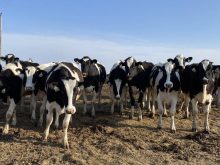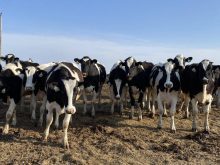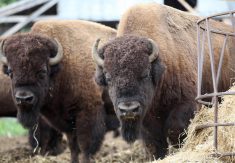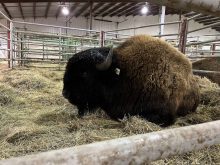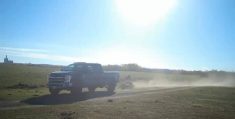Cattle and bison breeding stock bound for the U.S. no longer have to undergo mandatory bovine TB testing as of July 1.
The Manitoba Cattle Producers Association is celebrating the news. In a news release Ben Fox, MBP president, called the development a “tremendous win.”
“For many years producers in the Riding Mountain Eradication Area have borne a heavy cost in the yearly mustering and surveillance testing of their animals,” he said. “This USDA decision recognizes the decades of hard work undertaken by MBP and producers on the bovine TB issue and is very good news for our sector.”
Read Also
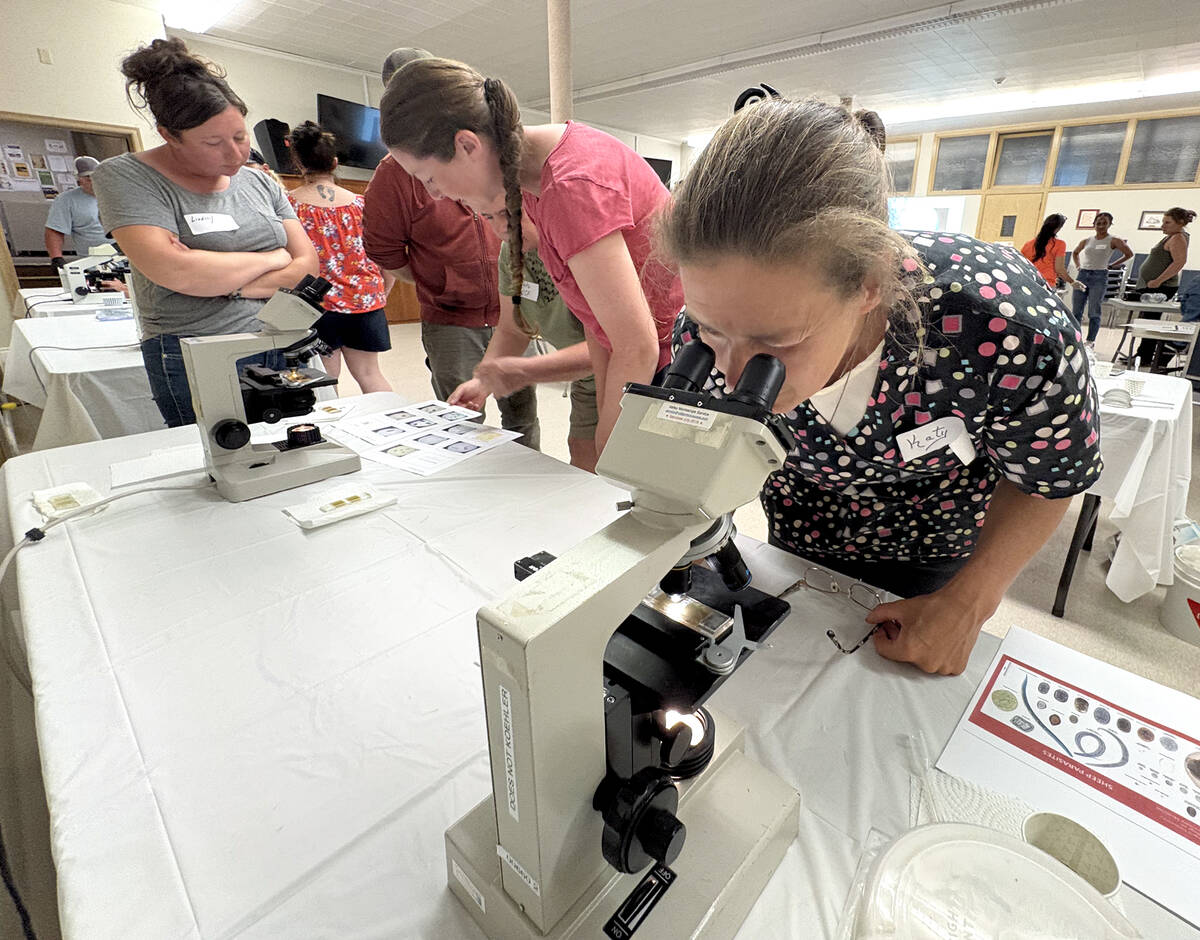
Smart deworming for sheep starts with individual fecal egg counts
Fecal egg count tests are one step to managing dewormer resistance and managing sheep parasites on Canadian sheep farms to maintain flock health.
This USDA decision is a result of the Canadian Food Inspection Agency’s detailed case outlining why pre-export testing for these Manitoba breeding cattle and bison is no longer required. Bovine tuberculosis had been detected in livestock and wildlife around the Riding Mountain National Park area, resulting in the establishment of the Riding Mountain Eradication Area (RMEA). Herds in Manitoba were subject to surveillance testing, which stressed the animals and placed them at risk for injury. The CFIA recognizes Manitoba’s domestic livestock herd has been free of this disease for several years.
“It is gratifying to see the hard work of the many partners finally rewarded,” said Dr. Allan Preston, bovine tuberculosis co-ordinator. “Manitoba had its last case of bovine tuberculosis in 2008 – a long 10 years later, the USDA has recognized our TB-free status and all federal U.S. restrictions on Manitoba breeding stock moving into the U.S. have been lifted. My hat is off especially to the dedicated cattle producers in the Riding Mountain Eradication Area whose efforts have made this TB freedom a reality.”
The presence of bovine TB has also required producers to take special biosecurity measures to prevent the spread of the disease from deer and elk. These measures include barrier fencing to protect feed supplies and the use of livestock guardian dogs. These measures will continue to reduce the risk of interaction with wildlife that could carry bovine TB.
While the USDA pre-export testing requirement has been lifted, individual American states continue to have their own state-level bovine tuberculosis testing requirements. Producers are advised to check with appropriate authorities in the United States prior to shipping their cattle for export.







